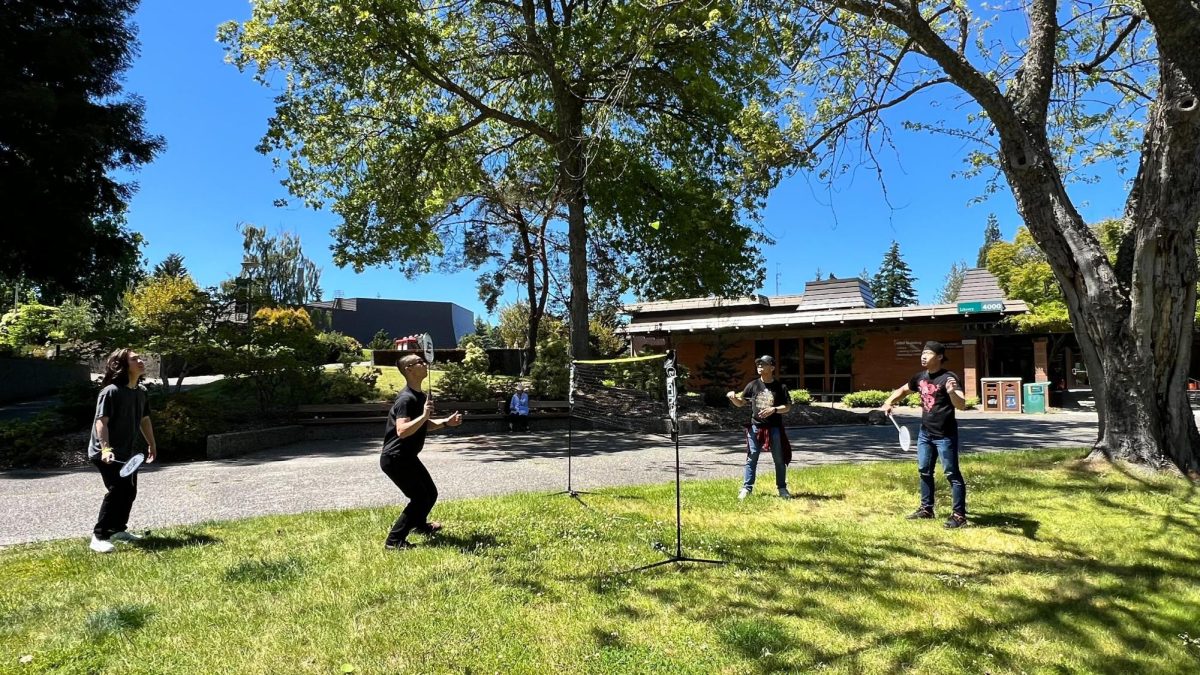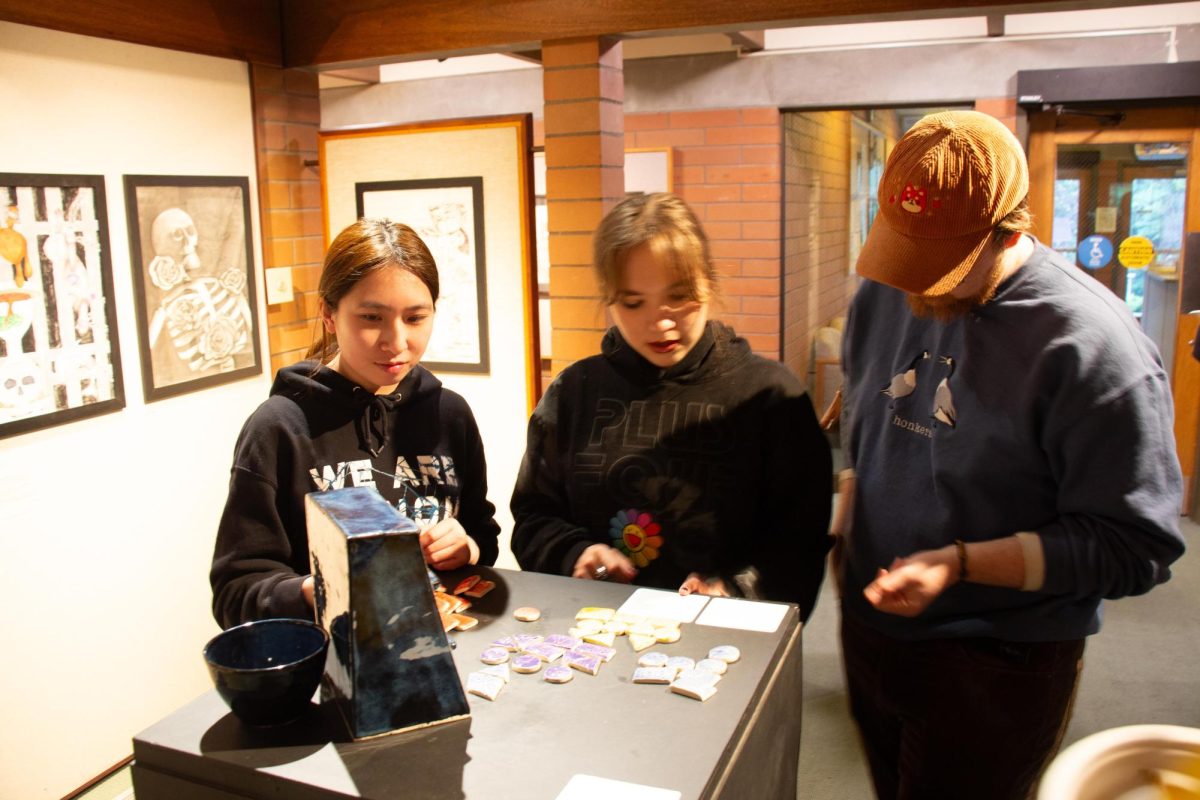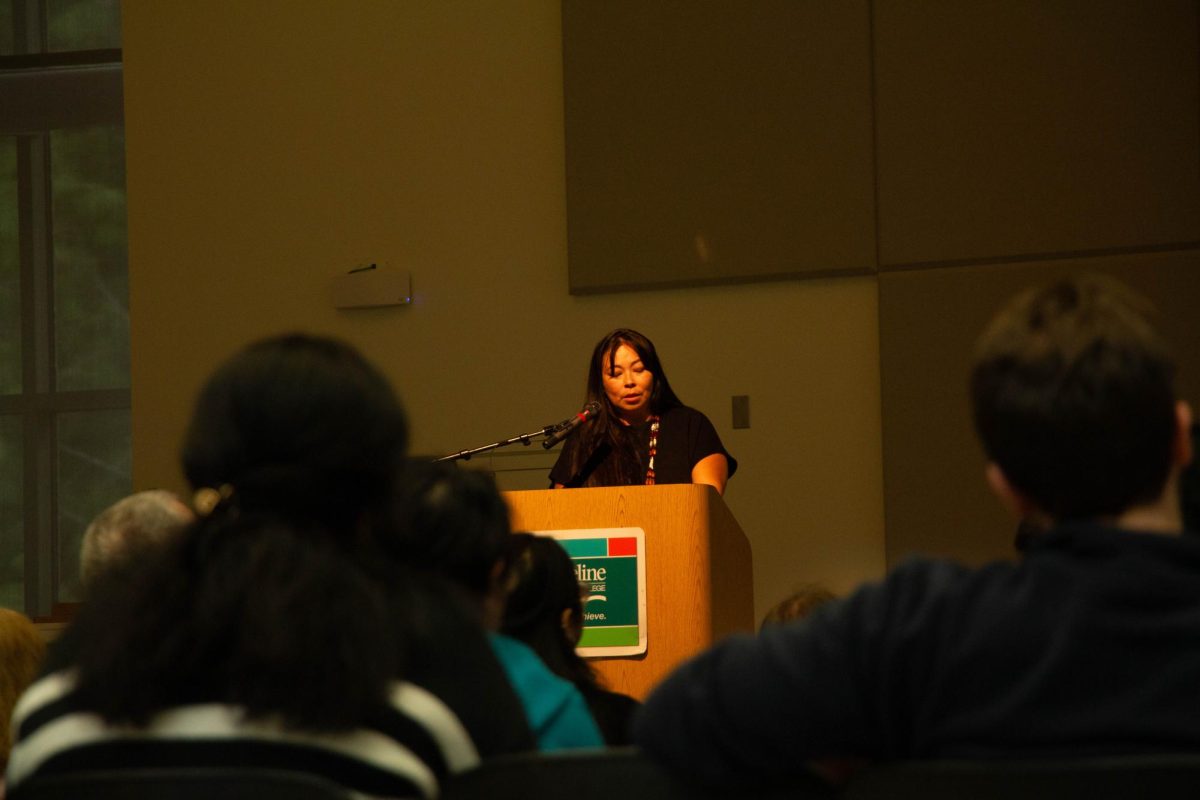By Areeya Tipyasothi
When King Bhumibol Adulyadej of Thailand died on Oct. 13, the news of his death was delivered with the same sterile preciseness as any other major news story.
A series of dings and whistles from the BBC, CNN, New York Times and AP announced his passing, and for most of the world, the death remained a series of pixels confined to the four walls of a smart device — a small blip in yet another day in the life.
However, the comfort of distance in mind and body was not a courtesy extended to all.
For Thai citizens within the country, a collective sense of profound loss has enveloped everyday life — the streets are full of people in black clothing and the normally lively hotspots have turned down their shine to reflect the period of mourning. And for Thai citizens outside the country, the feeling of loss hasn’t been dulled in any way by the oceans separating them from home.
In fact, the distance has been a sobering reminder of their displacement, according to Thai SCC students.
“It’s kind of hard here because we have two separate lives — life in Thailand and life here,” student Thanasath “TK” Siripornrungrueng said. “We cannot bring life in Thailand here and (try to) affect people around us (who are) not in the Thai group.”
By being abroad, Thai international students like Siripornrungrueng don’t have the same opportunities to publicly mourn like they would have in Thailand. The experience has been isolating, according to another Thai student, first-year Chanidapha “Mai” Orachorn.
“I really wanted to be home because then I could share the silence and share the sadness with my family,” Orachorn said. “(Other people) just don’t understand why we love our king that much … but at least I’m surrounded by all these Thai people who understand.”
Fellow student, Kemmathiti Suayrup, agreed. “We went to Gasworks Park for a gathering and met friends who asked us why (we were) so gloomy today.” he said. “It’s hard to answer for us when someone asks this.”
For others, the sadness felt by Orachorn, Siripornrungrueng, and their peers may make sense to a certain extent, but a full understanding of their pain is limited to those who have spent their entire lives under the reign of King Bhumibol, who has been seen as the one unifying factor through decades of divisive political turmoil.
Bhumibol’s reign began 70 years ago, meaning entire generations of Thai people have lived out their lives without ever seeing another monarch. They’ve used the same banknotes in stores, learned the same things in school, and heard the same stories passed down from parents and grandparents.
But it wasn’t only the length of the king’s reign that ensured his place in Thai history as one of the greats; it was also the impact of his actions on the kingdom that made him into a semi-divine figure in the eyes of his subjects. This effect of his impact manifested itself through a number of ways — from the framed pictures of him in almost every home and business to the current state of the Thai economy to the curriculum taught to Thai students all the way through college.
“Most of the economics classes in Thailand revolve around the king because he was the one who proposed a solution and a way of life,” Siripornrungrueng said.
“(The king) addressed all the citizens to live with what you have,” he continued. “It’s stuck in my mind that we shouldn’t spend more than what we have.”
For many people, Bhumibol was a much-needed symbol of peace.
Mutual love and respect for the monarch was sometimes the only barrier preventing chaos from ensuing. Political animosity throughout the years had been tempered by his presence, but now that he’s gone, Thailand is once again in a state of instability as powers shift to accommodate a new monarch and the current military dictatorship contemplates their next move.
So, what does the future hold?
For the kingdom of Thailand, that remains to be a complicated question with an ever-changing answer. But for the students, they’ve already started thinking about what to do next:
“Hopefully, this summer I’ll get to go to a temple and pray for the king,” Siripornrungrueng said.
The emotional core of Thailand may be gone, but the love and respect felt by the Thai people lives on as their beloved monarch’s legacy continues to influence the country he cherished as much as it cherished him.








